Meet the Eth-Tech Team!
Project Steering Committee
Signaling the way forward
Universitatea Babeș-Bolyai – Romania
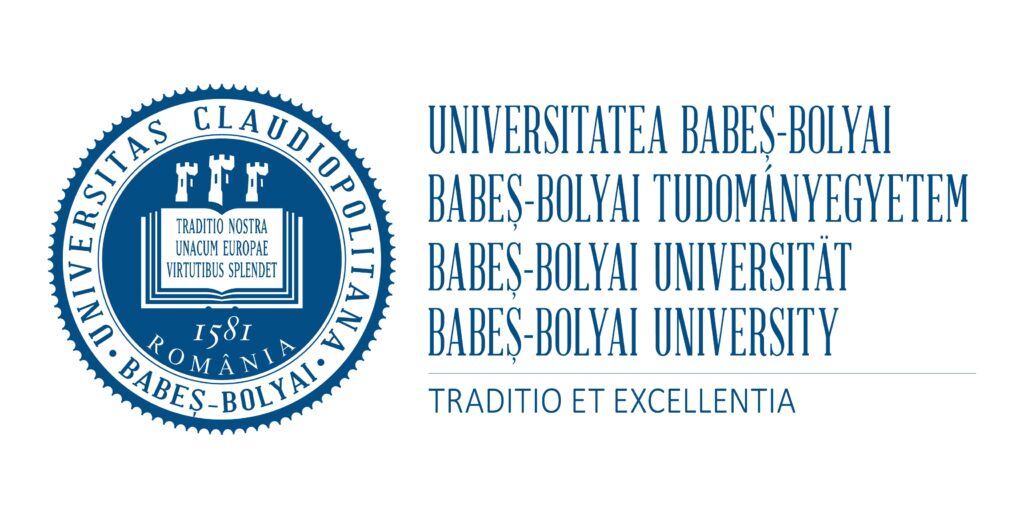
With roots in 1581, this university offers a multicultural environment and conducts internationally relevant research, with a strong commitment to digital educational projects.
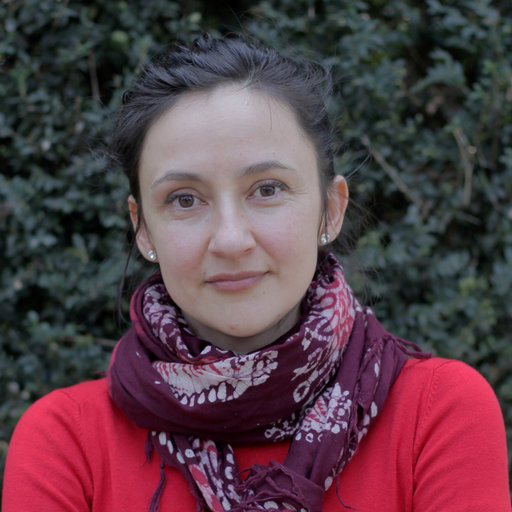
Associate professor and head of the Self and Identity Development Lab (SELFID)

Ph.D. Candidate in Applied Cognitive Psychology

Ph.D. Candidate in Applied Cognitive Psychology
Universitat de Barcelona – Spain
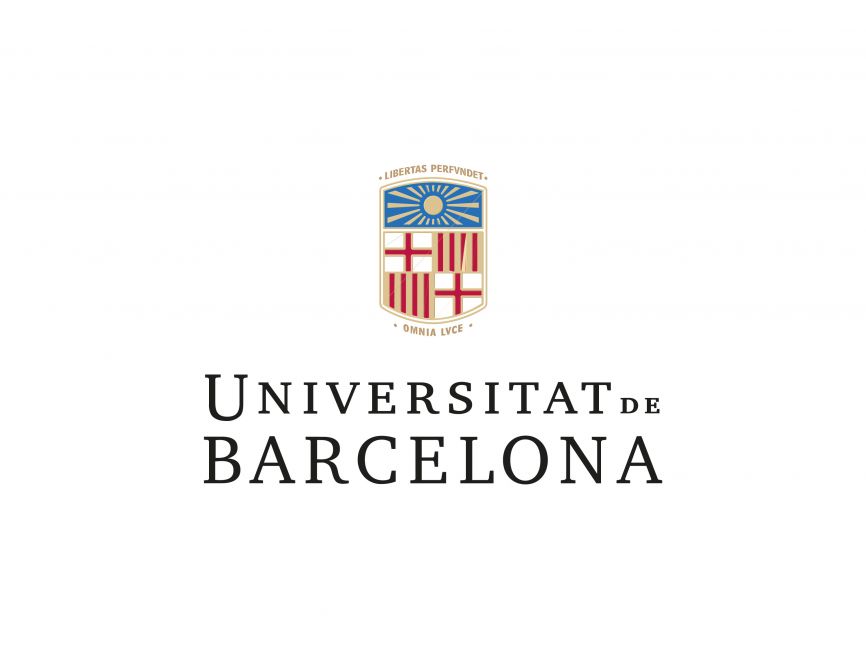
The university’s education faculty is renowned for research on educational technologies and digital literacy, with significant contributions to European projects. Researchers from Esbrina are also involved in this team.

Associate Professor in the Department of Teaching, Learning and Educational Organization
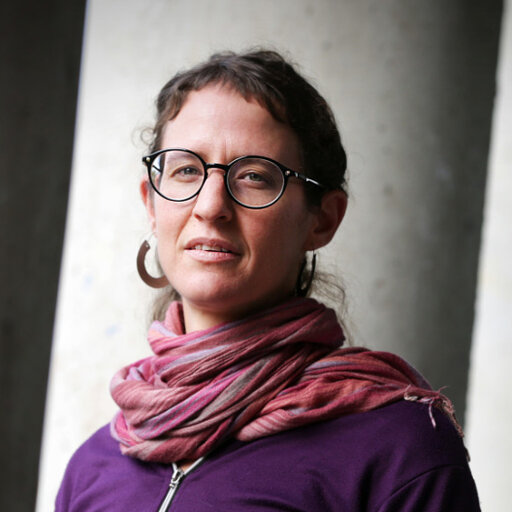
Lecturer in the Department of Teaching, Learning and Educational Organization
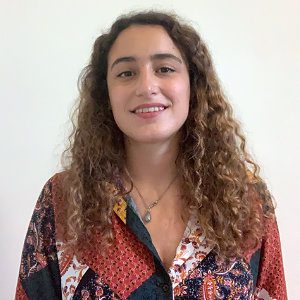
Serra Hunter Lecturer in the Department of Teaching, Learning and Educational Organization
Helmut Schmidt Universität – Germany
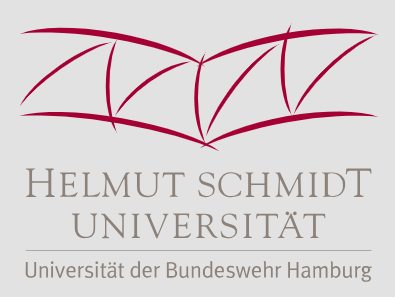
The university is distinguished for its interdisciplinary research on digitization and artificial intelligence, including different activities in the field of education.
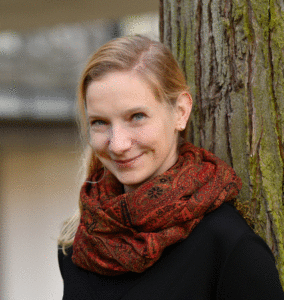
Professor of Sociology and expert in education policy and EdTech governance
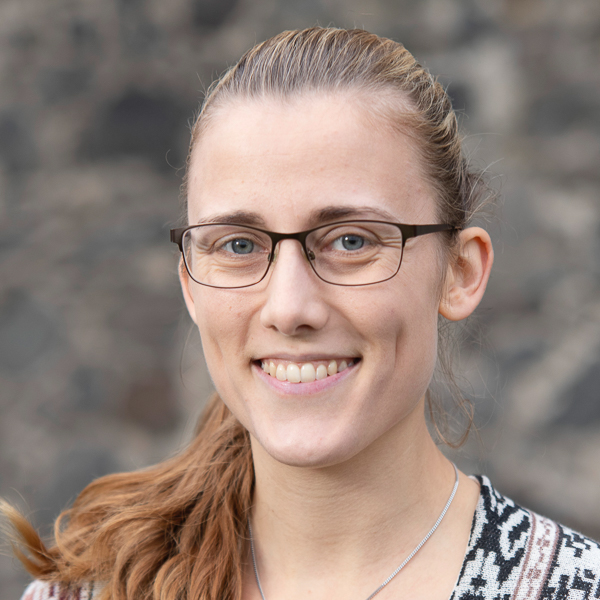
Researcher in Critical Data Studies and coordinator of the Unblack the Box initiative
MED – Italian Association for Media and
Communication Education – Italy

This NGO promotes media education through research, training and critical initiatives, integrating ethics and emerging technologies into educational settings.
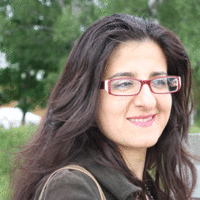
Full professor of Educational Methodology and Technology and vice-president of the MED
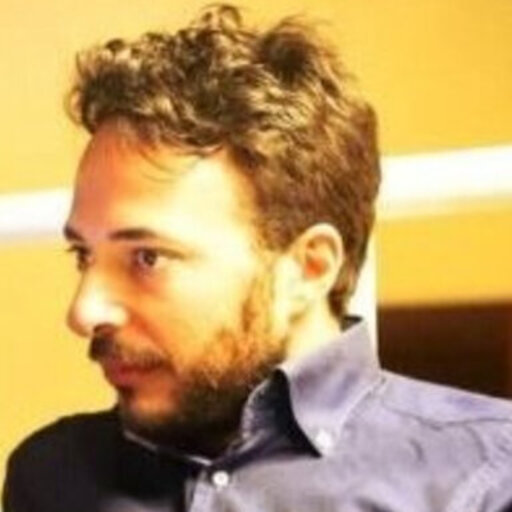
PhD Student UNIFI
University of Padua – Italy
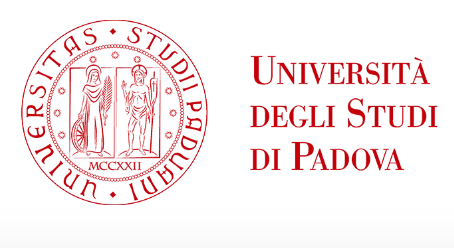
The university, one of the oldest and most prestigious in Europe, participates through the FISPPA Department, focused on interdisciplinary analysis in social and educational contexts.

Project Coordinator and Associated Professor FISPPA
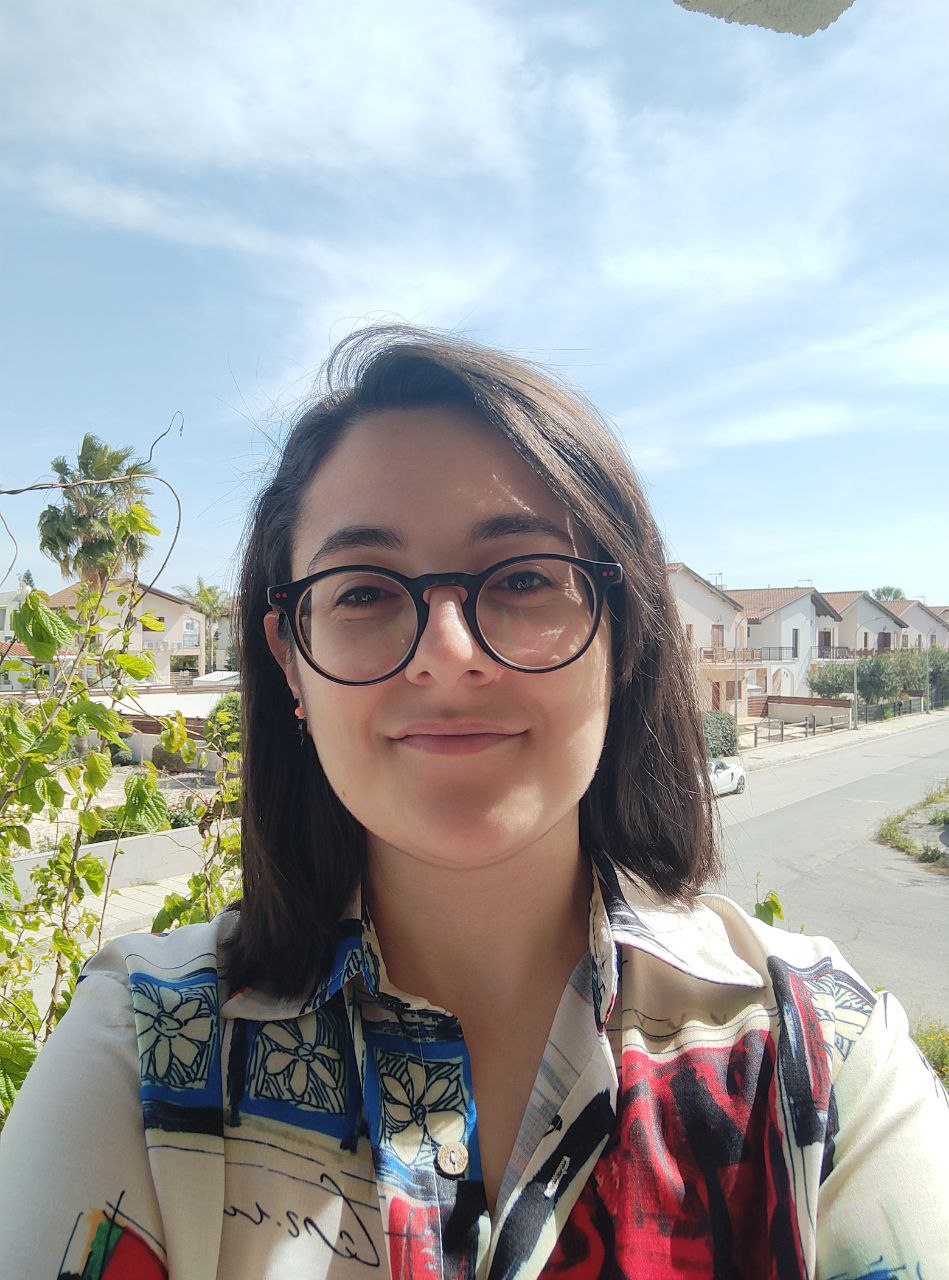
Research Fellow FISPPA
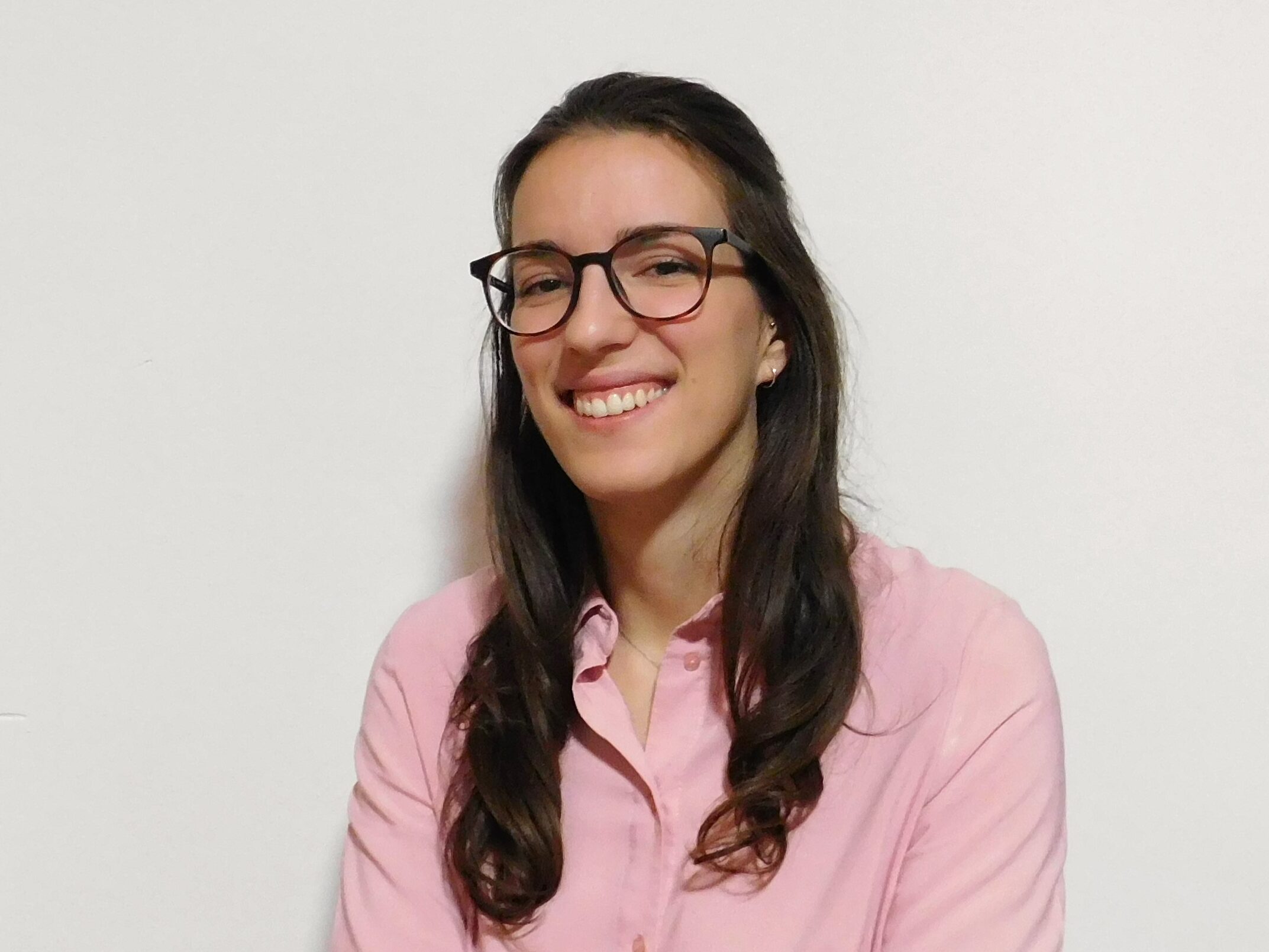
Community Manager FISPPA
Project Advisory Board
Leading the quality evaluation